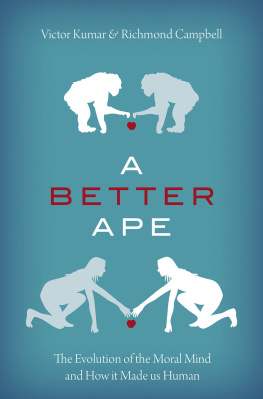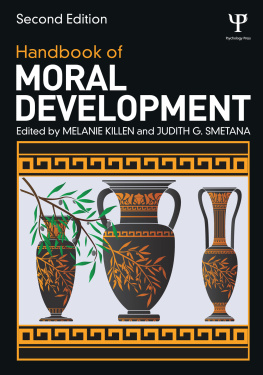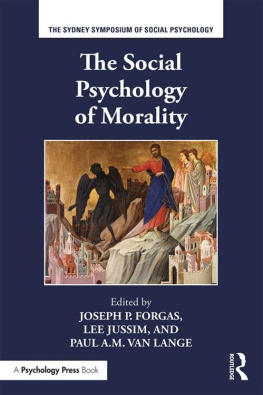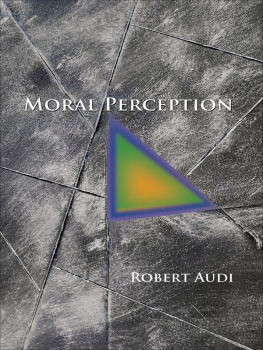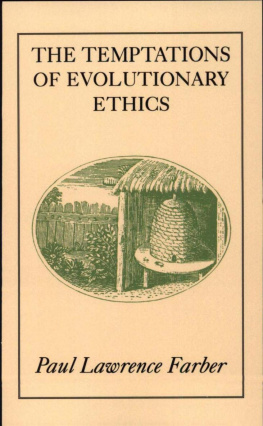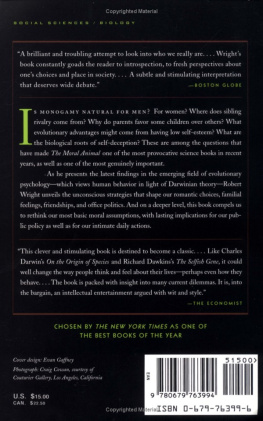Otto Pipatti - Morality Made Visible: Edward Westermarck’s Moral and Social Theory
Here you can read online Otto Pipatti - Morality Made Visible: Edward Westermarck’s Moral and Social Theory full text of the book (entire story) in english for free. Download pdf and epub, get meaning, cover and reviews about this ebook. year: 2019, publisher: Routledge, genre: Science. Description of the work, (preface) as well as reviews are available. Best literature library LitArk.com created for fans of good reading and offers a wide selection of genres:
Romance novel
Science fiction
Adventure
Detective
Science
History
Home and family
Prose
Art
Politics
Computer
Non-fiction
Religion
Business
Children
Humor
Choose a favorite category and find really read worthwhile books. Enjoy immersion in the world of imagination, feel the emotions of the characters or learn something new for yourself, make an fascinating discovery.

- Book:Morality Made Visible: Edward Westermarck’s Moral and Social Theory
- Author:
- Publisher:Routledge
- Genre:
- Year:2019
- Rating:4 / 5
- Favourites:Add to favourites
- Your mark:
Morality Made Visible: Edward Westermarck’s Moral and Social Theory: summary, description and annotation
We offer to read an annotation, description, summary or preface (depends on what the author of the book "Morality Made Visible: Edward Westermarck’s Moral and Social Theory" wrote himself). If you haven't found the necessary information about the book — write in the comments, we will try to find it.
While highly respected among evolutionary scholars, the sociologist, anthropologist and philosopher Edward Westermarck is now largely forgotten in the social sciences. This book is the first full study of his moral and social theory, focusing on the key elements of his theory of moral emotions as presented in The Origin and Development of the Moral Ideas and summarised in Ethical Relativity. Examining Westermarcks evolutionary approach to the human mind, the author introduces important new themes to scholarship on Westermarck, including the pivotal role of emotions in human reciprocity, the evolutionary origins of human society, social solidarity, the emergence and maintenance of moral norms and moral responsibility. With attention to Westermarcks debt to David Hume and Adam Smith, whose views on human nature, moral sentiments and sympathy Westermarck combined with Darwinian evolutionary thinking, Morality Made Visible highlights the importance of the theory of sympathy that lies at the heart of Westermarcks work, which proves to be crucial to his understanding of morality and human social life. A rigorous examination of Westermarcks moral and social theory in its intellectual context, this volume connects Westermarcks work on morality to classical sociology, to the history of evolutionism in the social and behavioural sciences, and to the sociological study of morality and emotions, showing him to be the forerunner of modern evolutionary psychology and anthropology. In revealing the lasting value of his work in understanding and explaining a wide range of moral phenomena, it will appeal to scholars of sociology, anthropology and psychology with interests in social theory, morality and intellectual history.
Otto Pipatti: author's other books
Who wrote Morality Made Visible: Edward Westermarck’s Moral and Social Theory? Find out the surname, the name of the author of the book and a list of all author's works by series.

